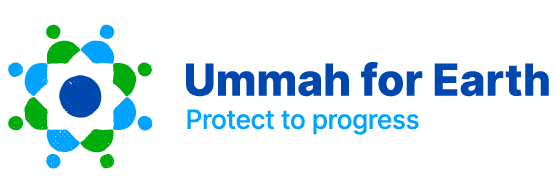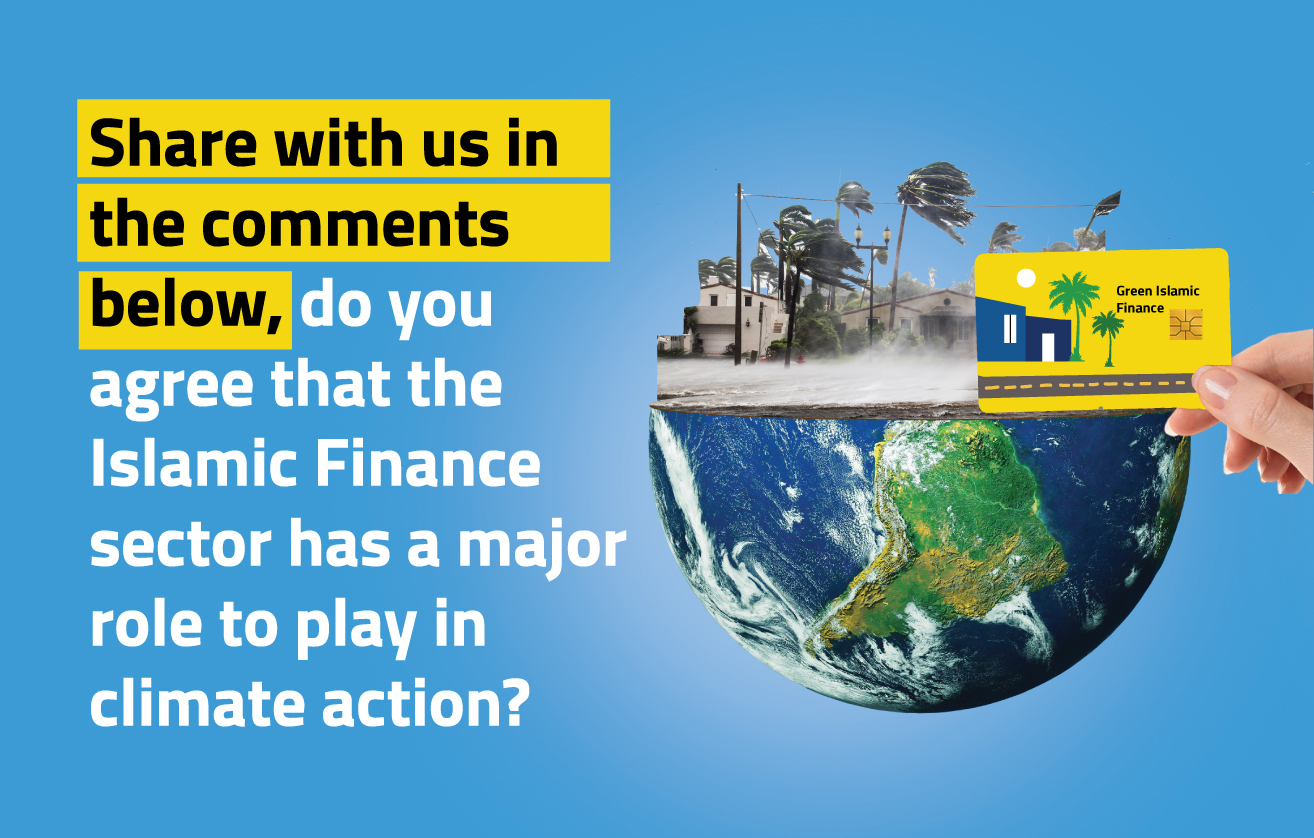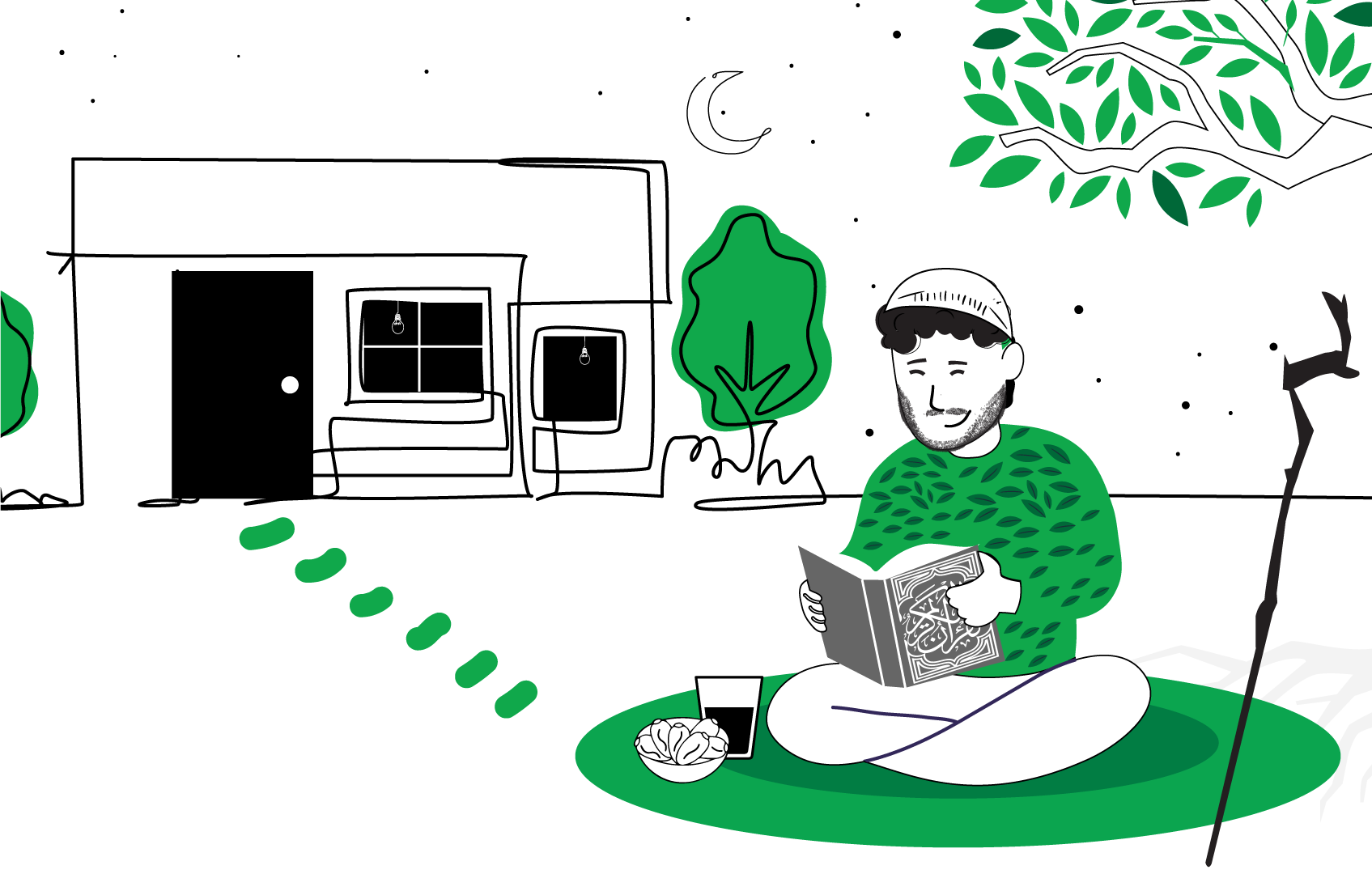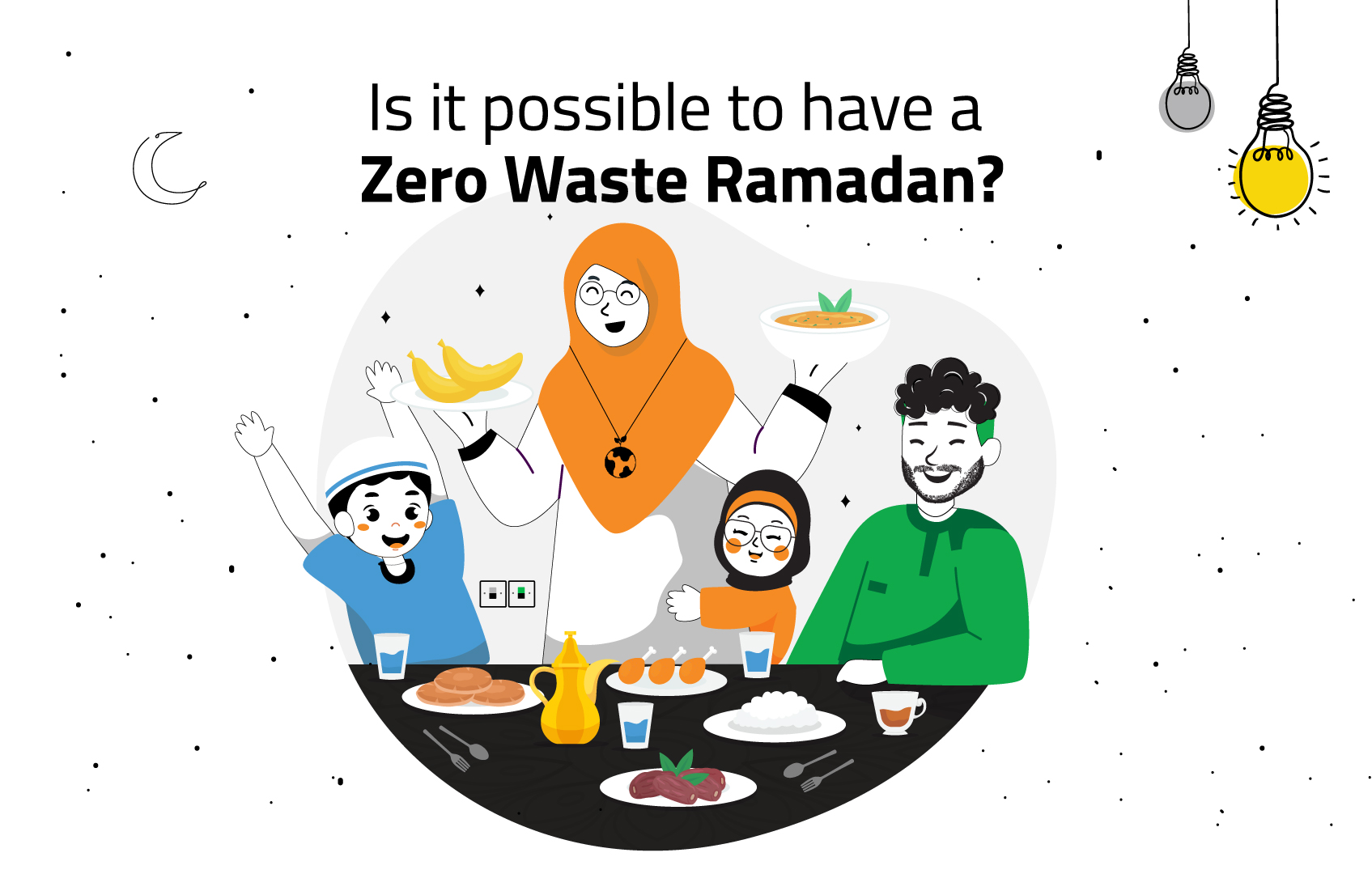Ummah for Earth organises roundtables to discuss climate justice through a religious lens
“We need to lessen our carbon footprint by increasing our spiritual footprint”- Imam Saffet Catovic, the Islamic Society of North America
Beirut, Lebanon – 5 May 2022: Ummah for Earth organized two Ramadan Roundtables in English and Arabic about “Climate Change and Global Justice”, as part of GreenFaith’s Sacred Season for Climate Justice initiative. These roundtables were held on Wednesday, 13 April 2022 and Wednesday, 20 April 2022, and hosted environmental experts and activists who discussed the topics through the lens of religious faith.
The roundtables focused on climate justice; specifically the role of people of faith and religious initiatives in taking effective action to mitigate the impact of climate change and to help communities adapt.
Built on their respective areas of expertise, the speakers talked about the necessity to discuss climate change and climate justice from an Islamic perspective. Dr. Husna Ahmad (Global One), Nana Firman (GreenFaith) and Imam Saffet Catovic (Islamic Society of North America) intervened during the English roundtable.
Global One, GreenFaith, and the Islamic Society of North America work on raising environmental awareness and finding solutions from a faith-based perspective to move toward a sustainable future as part of the global climate justice movement’s efforts.
“We as Muslims need to think about the ethics of environmentalism and realize that we are all neighbours, and we have to watch out for others as much as we do for ourselves”, said Dr. Husna Ahmad while commenting on the importance of discussing climate change from a Muslim persepective.
The speakers all agreed that climate change hits first the most vulnerable, specifically countries of the global south where the majority of Muslims reside, describing climate change as a reality that Muslims need to recognize as stewards on this Earth and in harmony with environmental Islamic teachings.
Imam Saffet described climate justice as “the idea of equitable distribution of both burdens and benefits,” highlighting that the idea of environmental justice comes from the recognition that there are disparities in terms of the impacts of climate change. On the responsibility of Muslims towards the issue, Imam Saffet made clear that religious traditions seek to speak to uphold the rights of the most impacted communities and to recognize that “in the wealth of the rich lies the rights of the poor”.
“Unless we, individually, take action to reduce our footprint then the environmental harm will only get worse”, Nana Firman said on the value of people of faith participation for a more sustainable future. She continues to say that this starts on an individual level, then expands to each household and then to the society around us in the form of collective initiatives, including an obligation on governments of Muslim-majority countries to actively influence global policies on climate change.
The speakers ended the discussion by encouraging people of faith to contribute within their own capabilities to a just transition to clean energy, to watch the roundtable please click here.
ENDS
About the Ummah for Earth Alliance
Ummah for Earth alliance was formed in recognition of the need for more Muslim voices – and youth in particular, to be represented in the global climate movement and is now made up of more than 12 organisations and 4 individual allies.We are stronger when we stand together, taking actions towards finding sustainable solutions to alleviate climate change’s impact.
About GreenFaith
GreenFaith is an international, interfaith, grassroots climate justice organization that organizes, trains and campaigns with local partners around the globe.



